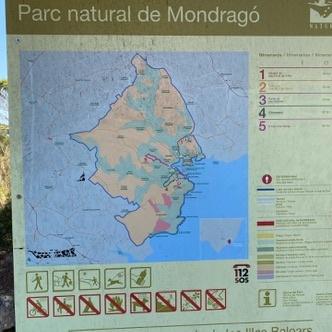How can tourists contribute to Mallorca’s conservation efforts during their stay?
Similar Topics
mallorca conservation efforts
responsible travel mallorca
serra de tramuntana
sustainable accommodations
eco-friendly tour operators
local conservation initiatives
water-saving measures
guided eco-tours
Tourists can play a significant role in supporting Mallorca’s conservation efforts by adopting responsible travel behaviors that minimize their environmental impact. One of the most effective ways is by respecting the natural landscapes and protected areas, such as the Serra de Tramuntana mountains or the island’s numerous nature reserves. Staying on designated trails while hiking, avoiding littering, and refraining from disturbing wildlife help preserve the delicate ecosystems that make Mallorca special. Additionally, choosing accommodations and tour operators that prioritize sustainability or have certifications for eco-friendly practices encourages the local tourism industry to maintain high conservation standards.
Supporting local initiatives is another meaningful way visitors can contribute. Engaging with community-led projects that focus on habitat restoration, clean-up activities, or cultural heritage preservation helps strengthen the connection between tourists and the island’s environment. By consuming locally sourced food and products, travelers reduce the carbon footprint associated with importing goods and aid the local economy, indirectly fostering conservation. Tourists should also be mindful when using resources such as water and energy, which can be limited on an island, by opting for water-saving measures and turning off unused lights or air conditioning.
Moreover, educating themselves about Mallorca’s unique flora, fauna, and cultural heritage enhances tourists’ appreciation and encourages them to act as ambassadors for the island’s preservation once they return home. Participation in guided eco-tours or visiting environmental education centers can deepen visitors’ understanding of the challenges Mallorca faces, such as habitat fragmentation or marine pollution. When tourists demonstrate respect for the environment, they contribute to a more sustainable tourism model that ensures Mallorca remains a vibrant destination for future generations to enjoy, balancing enjoyment with stewardship of its natural treasures.
Supporting local initiatives is another meaningful way visitors can contribute. Engaging with community-led projects that focus on habitat restoration, clean-up activities, or cultural heritage preservation helps strengthen the connection between tourists and the island’s environment. By consuming locally sourced food and products, travelers reduce the carbon footprint associated with importing goods and aid the local economy, indirectly fostering conservation. Tourists should also be mindful when using resources such as water and energy, which can be limited on an island, by opting for water-saving measures and turning off unused lights or air conditioning.
Moreover, educating themselves about Mallorca’s unique flora, fauna, and cultural heritage enhances tourists’ appreciation and encourages them to act as ambassadors for the island’s preservation once they return home. Participation in guided eco-tours or visiting environmental education centers can deepen visitors’ understanding of the challenges Mallorca faces, such as habitat fragmentation or marine pollution. When tourists demonstrate respect for the environment, they contribute to a more sustainable tourism model that ensures Mallorca remains a vibrant destination for future generations to enjoy, balancing enjoyment with stewardship of its natural treasures.
🧩 Related Questions
Related Question
Can you spot any unique or rare butterflies while walking through Torrent de Pareis?
Related Question
How does the ombu tree adapt to its environment in Mallorca compared to its native habitats?
Related Question
How has the University of the Balearic Islands improved its facilities to attract more students in the last decade?
